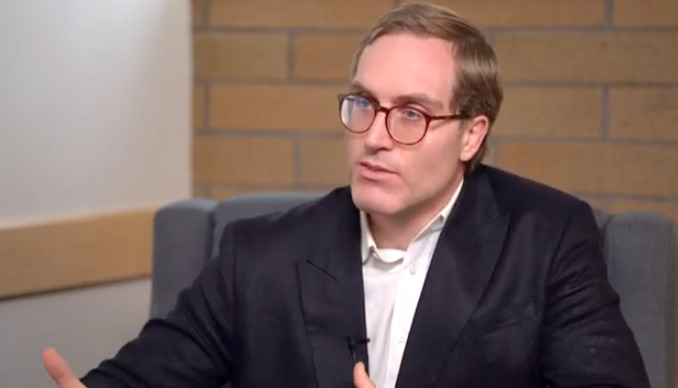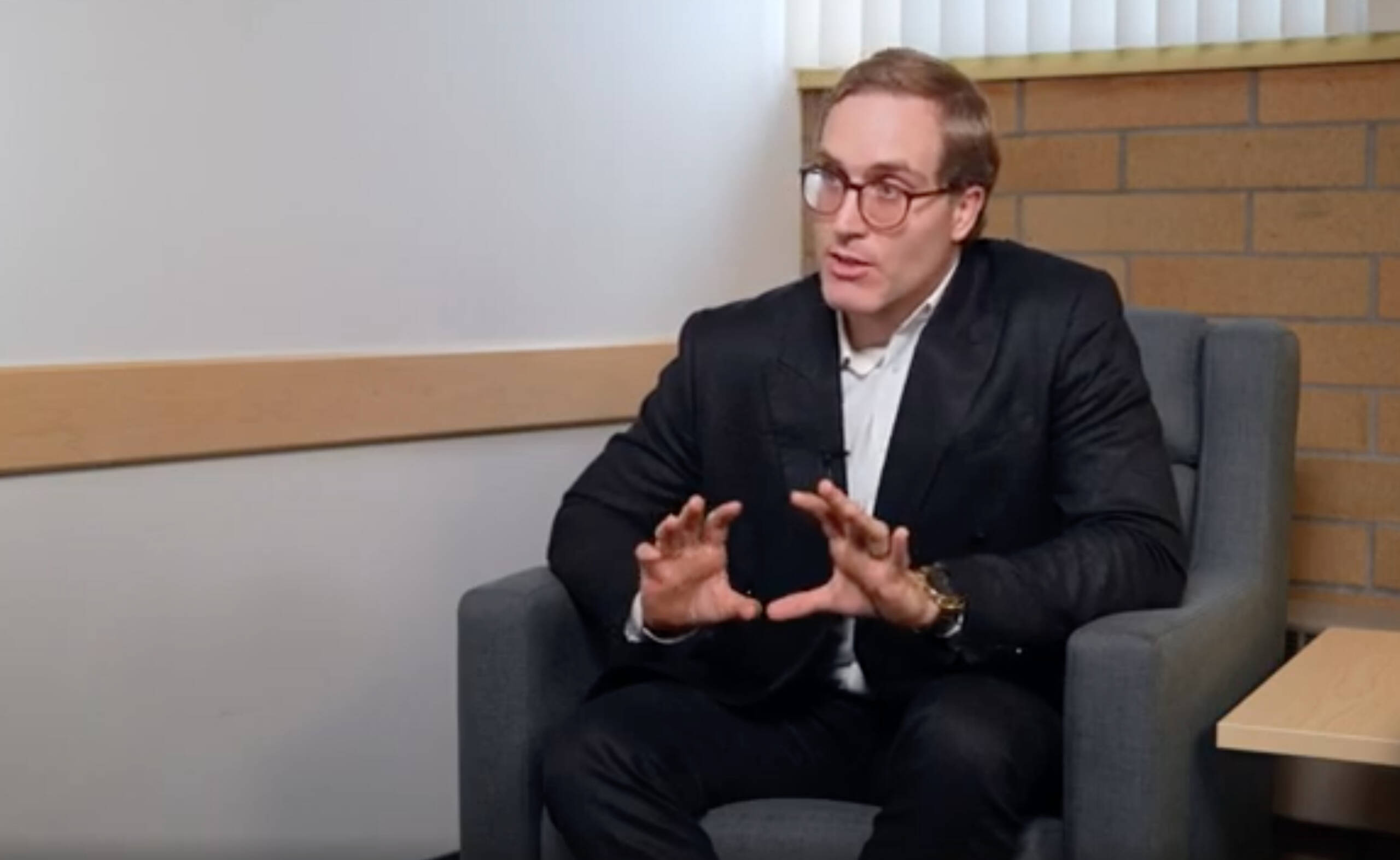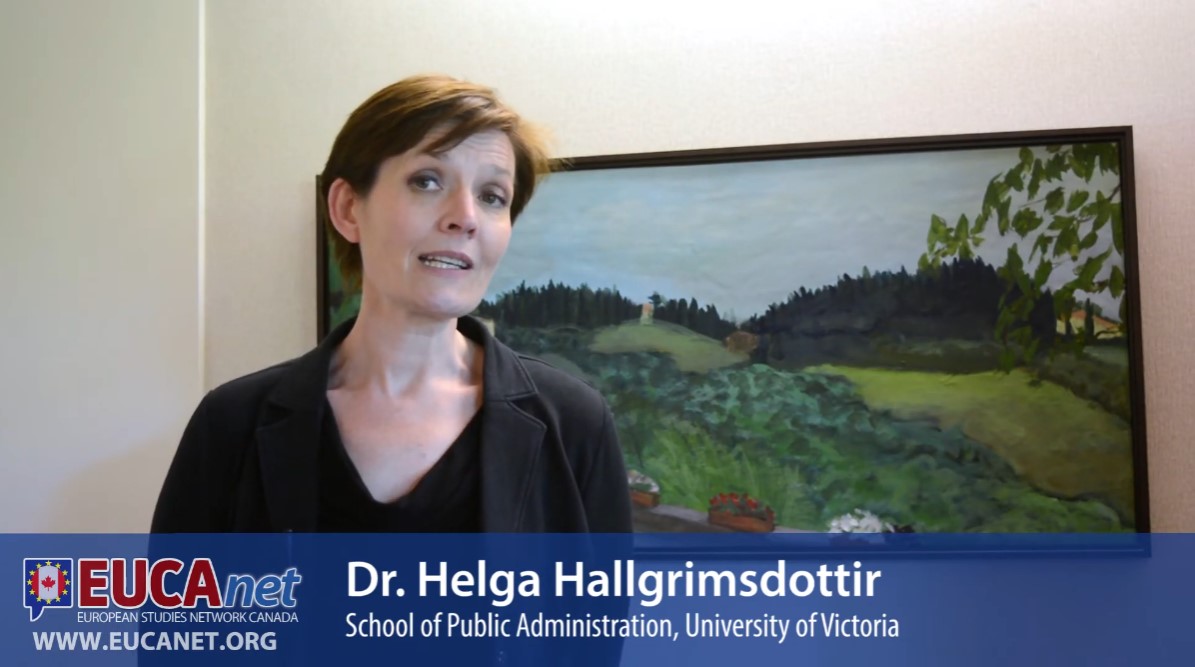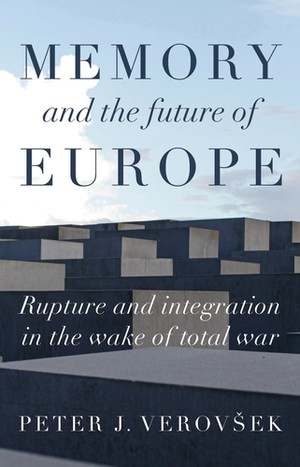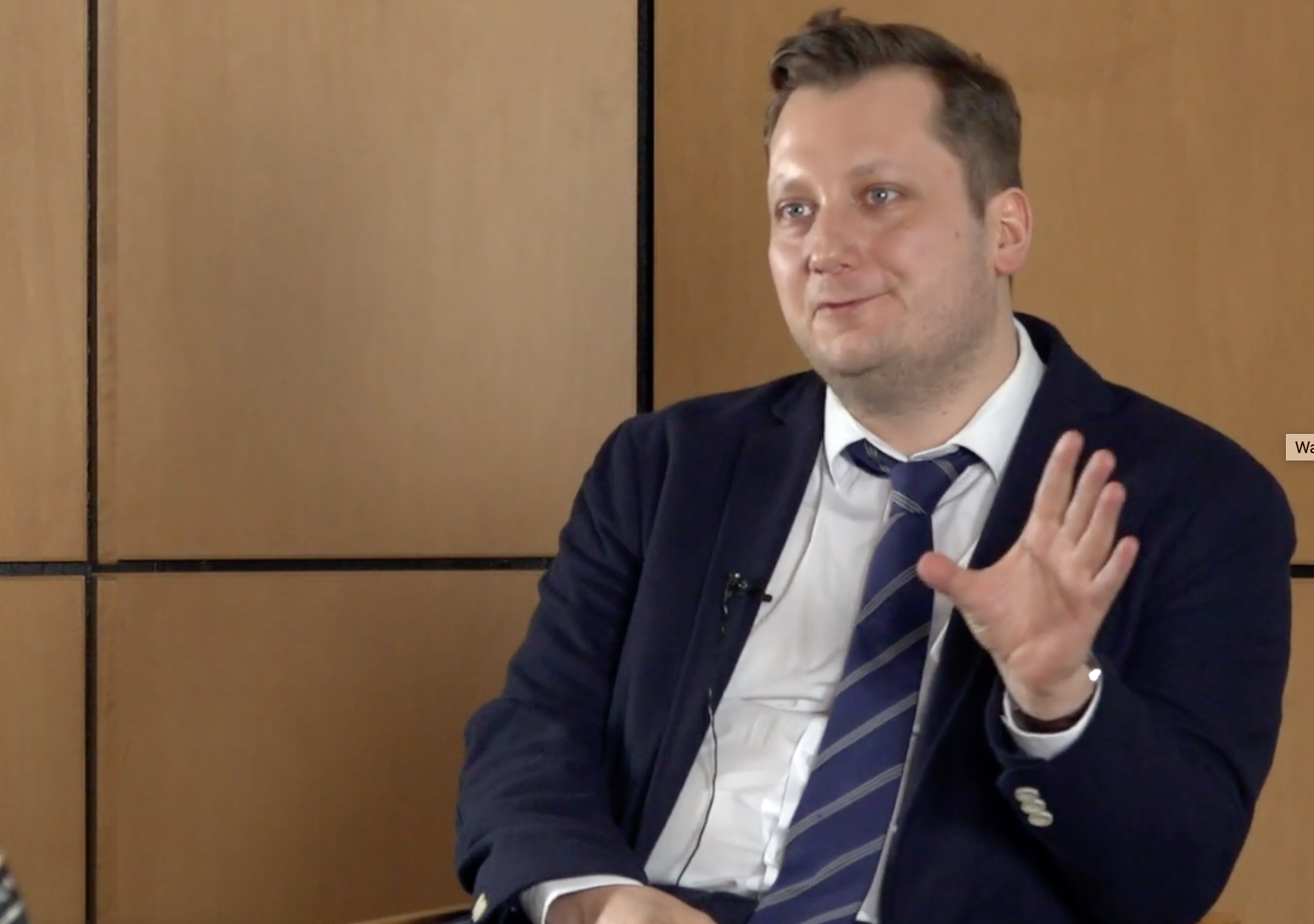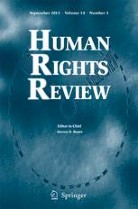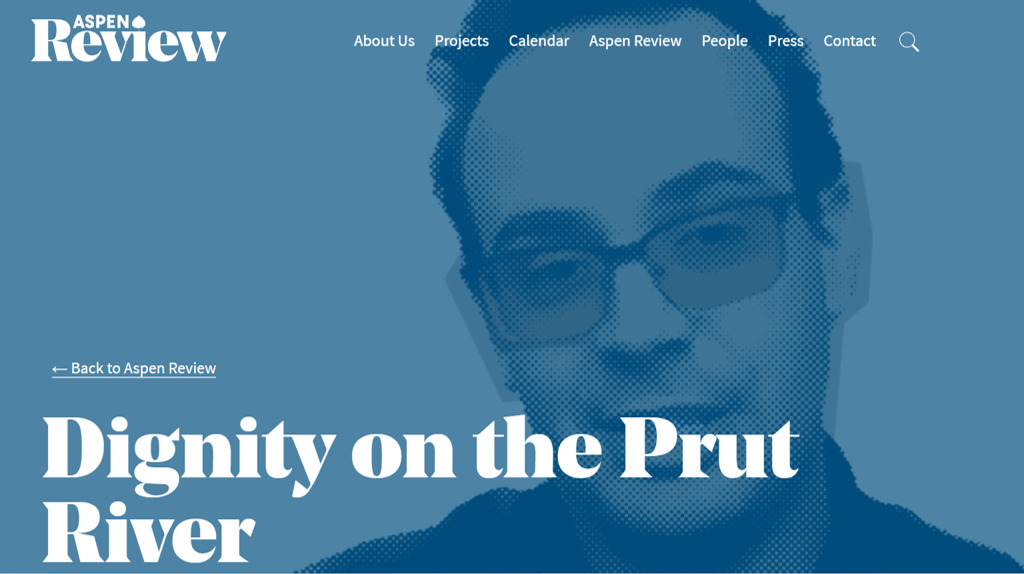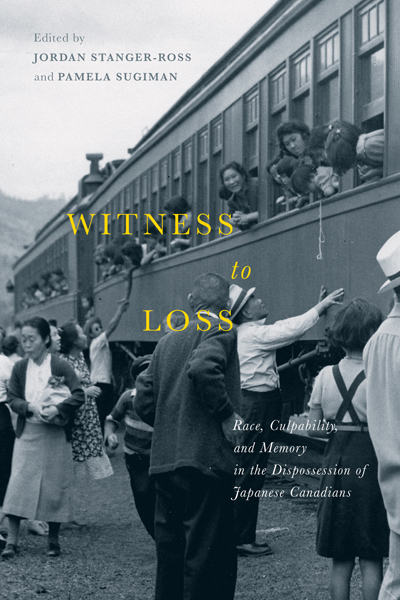Memory Politics and Democracy- Interview with Dr. Peter J. Verovšek
In this interview Dr. Peter Verovšek argues that memory shapes how we fill the abstract idea of democracy with content. On the one hand, Western Europeans perceive that democracy emerges out of the crimes of the Holocaust and fascism. The mass murder of humans in the gas chambers has given rise to the common perspective that democracy is understood as protecting fundamental human rights. On the other hand, post-communist Europeans view democracy as the ability to make your own decisions. During communism, rights violations did exist, but the common experience of the people was loss of popular sovereignty. Dr. Verovšek also provides insight into the ‘memory boom’. In the 1970s/80s in central Europe, people were not allowed to bring up anything other than the official narrative. At the same time, countries applying for EU membership intentionally ‘froze’ certain narratives from coming up. Fast forward to the 21st century, memory conflicts are arising because of the ‘freeze’ in public debates. Furthermore, Dr. Verovšek explores how memory is strategically used during economic hardship. When a government is unable to deal with economic pressures, they often rely on memory issues to draw attention away from their hardships and to guilt others into providing monetary support.
This interview is part of the interview series ” Expert Voices on Memory Politics” realized with the financial support of the Konrad Adenauer Foundation Kanada and the Erasmus+ Program of the European Union. The interviews were recorded during the October 2022 conference “Addressing the Past – Shaping the Future”.
